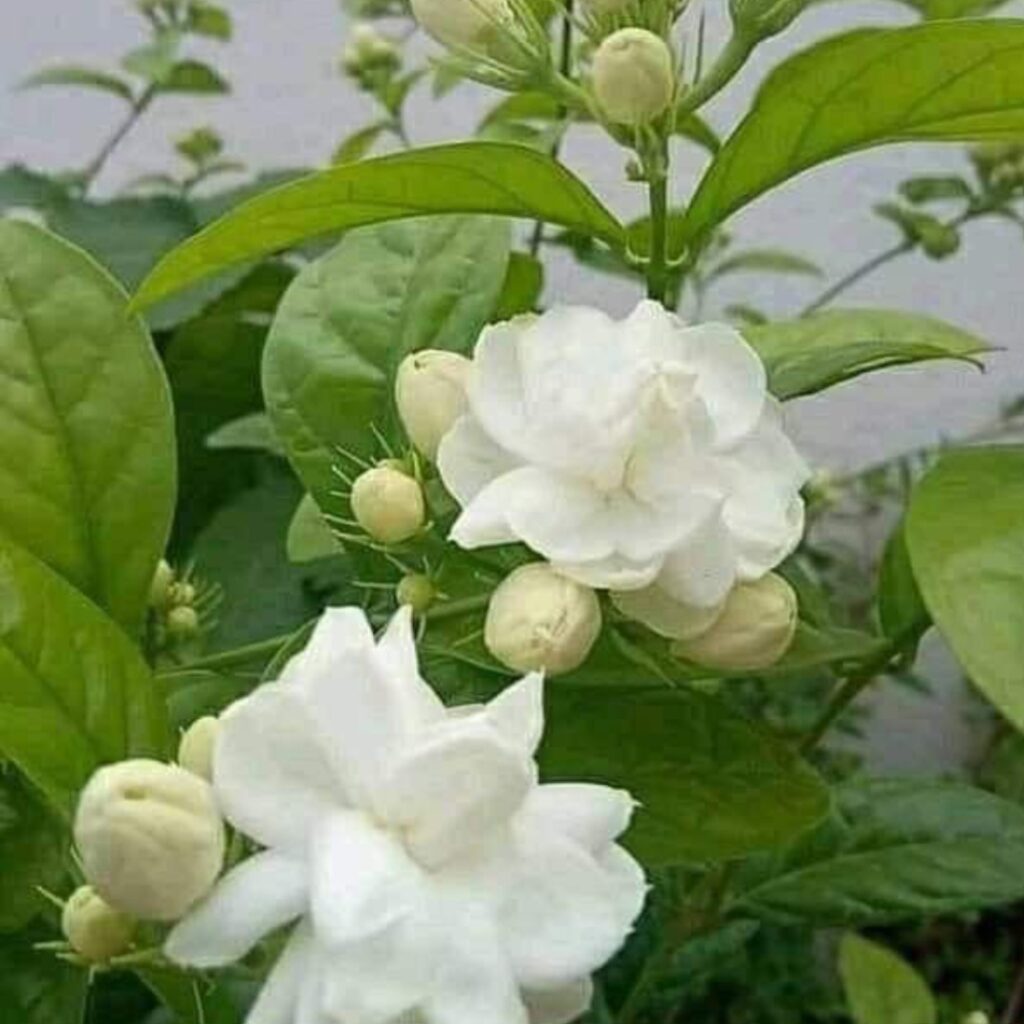
Scientific Name: Jasminum sambac
Local Name in India: Mogra or Mallika
Mogra, known as Jasminum sambac in botanical terms, is a cherished plant in India that has a special place in both gardens and traditions. Its fragrant white flowers, often used in religious ceremonies and as adornments, hold a deep cultural significance. The delicate blooms and sweet aroma make Mogra a beloved choice for garden enthusiasts and perfumers alike.
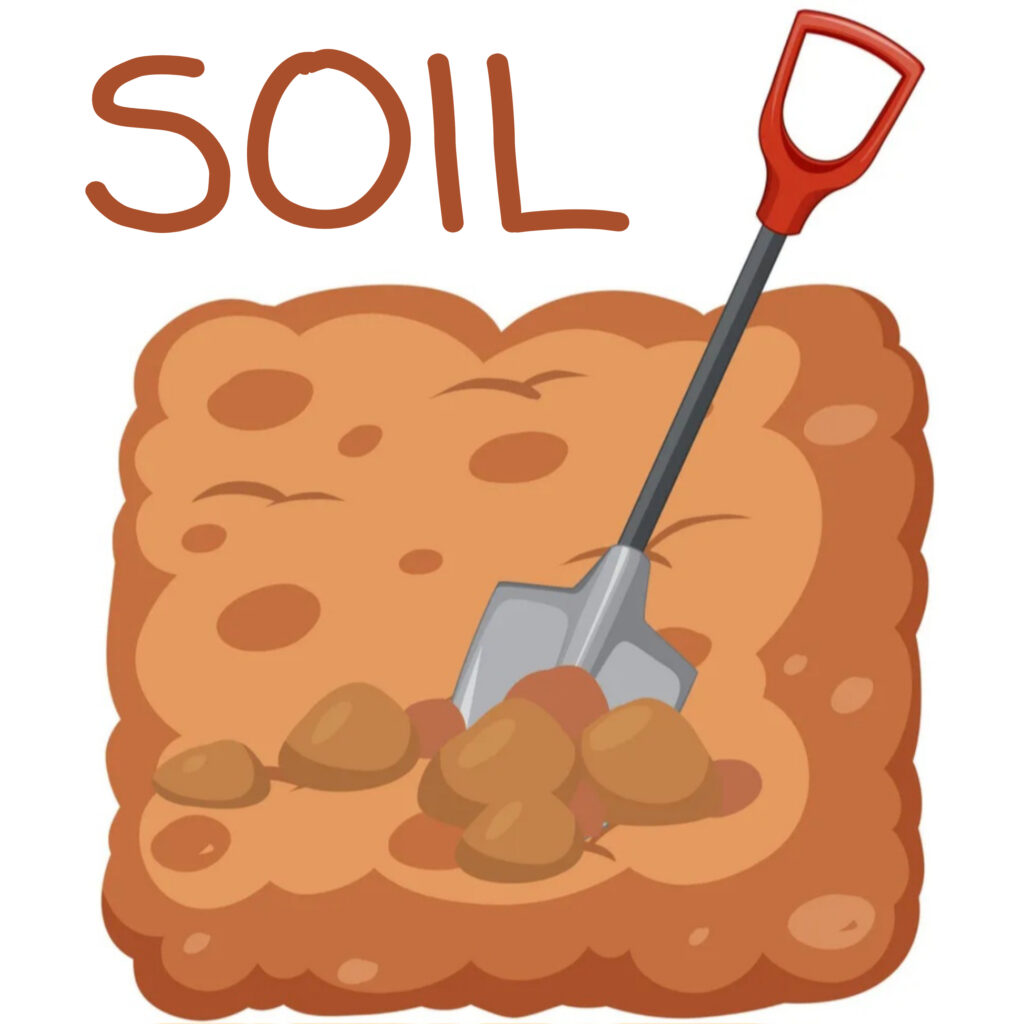
SOIL Requirement
Mogra thrives in well-draining soil that retains moisture without becoming waterlogged. A mix of garden soil, compost, and sand provides the perfect balance for its growth. Ensure the soil is slightly acidic to neutral, with a pH range of 6.0 to 7.0.
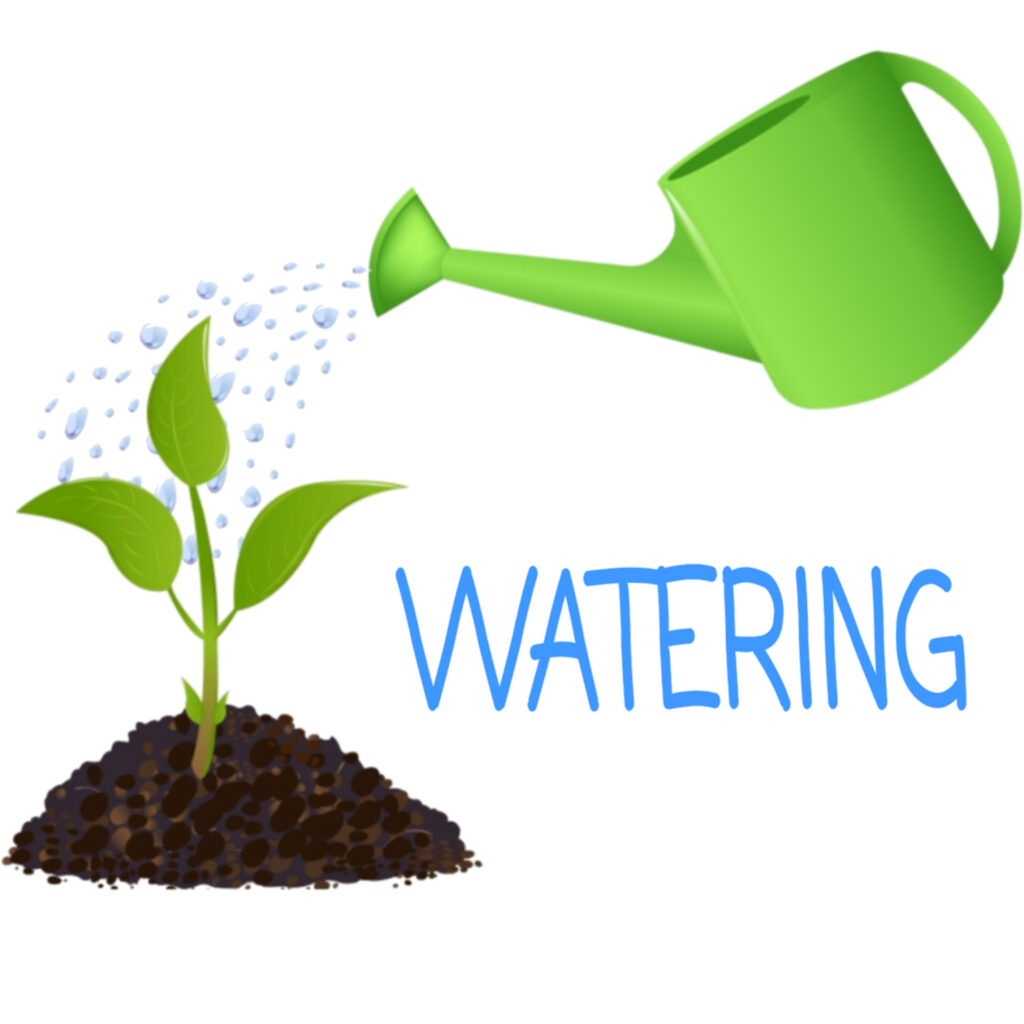
Watering Frequency
Regular and consistent watering is key to the health of the Mogra plant. During the growing season, water the plant deeply but avoid overwatering, as excessive moisture can lead to root rot. Allow the topsoil to dry out slightly between waterings

Sunlight Requirement
Mogra plants enjoy bright but indirect sunlight. They thrive in locations that receive filtered sunlight, especially during the intense midday sun. Placing them near a window with gentle morning or late afternoon sun exposure is ideal.
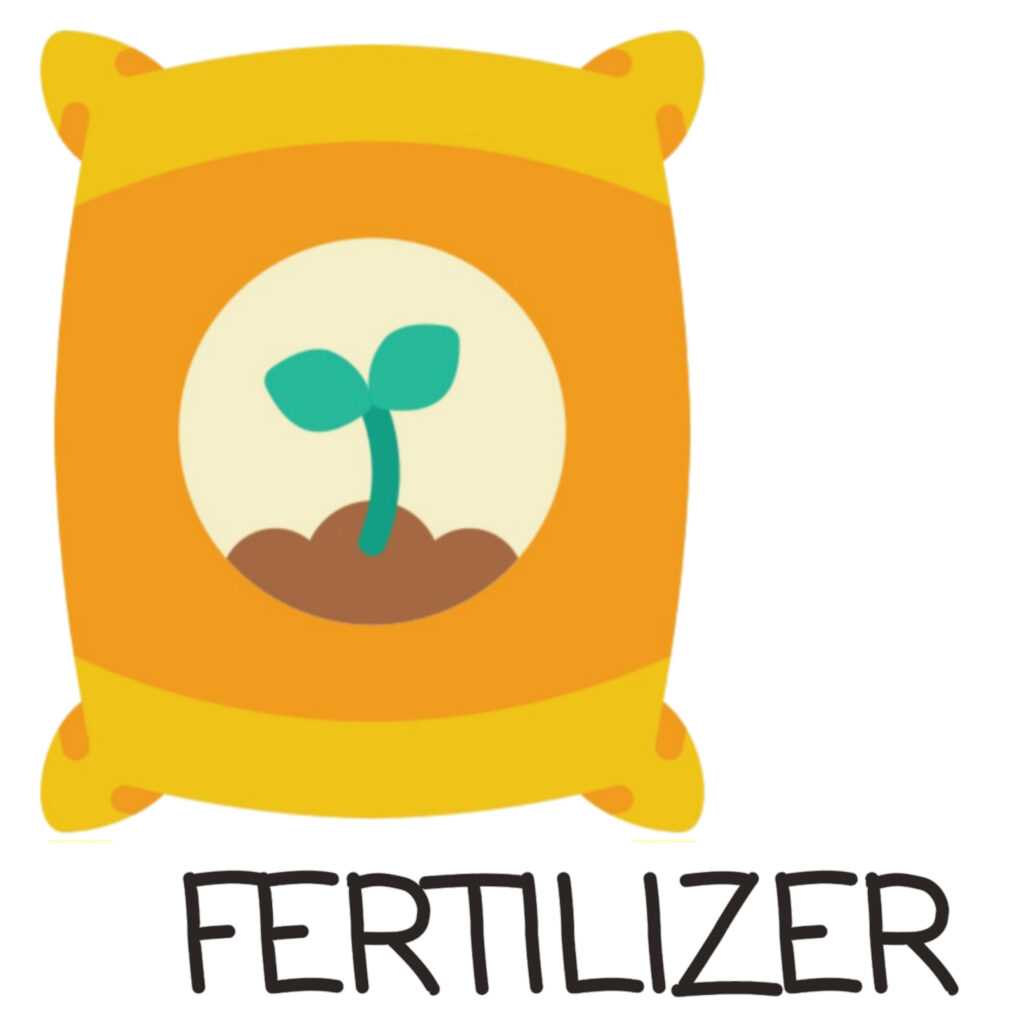
Fertilizer Application
For lush growth and abundant fragrant blooms, consider using *Kulsum Vermicompost Plus* as your chosen fertilizer. This organic fertilizer is enriched with essential nutrients and beneficial microorganisms that enhance the overall health of Mogra plants. Apply it once a month during the growing season, whether your Mogra is potted or planted in the garden. The result will be larger, more intensely scented flowers that captivate your senses.

Pruning of Plant
Pruning is essential to maintain the shape and health of Mogra plants. After the flowering season, trim back any dead or unruly branches to encourage new growth. Pruning also helps maintain good air circulation, preventing the growth of pests and diseases.
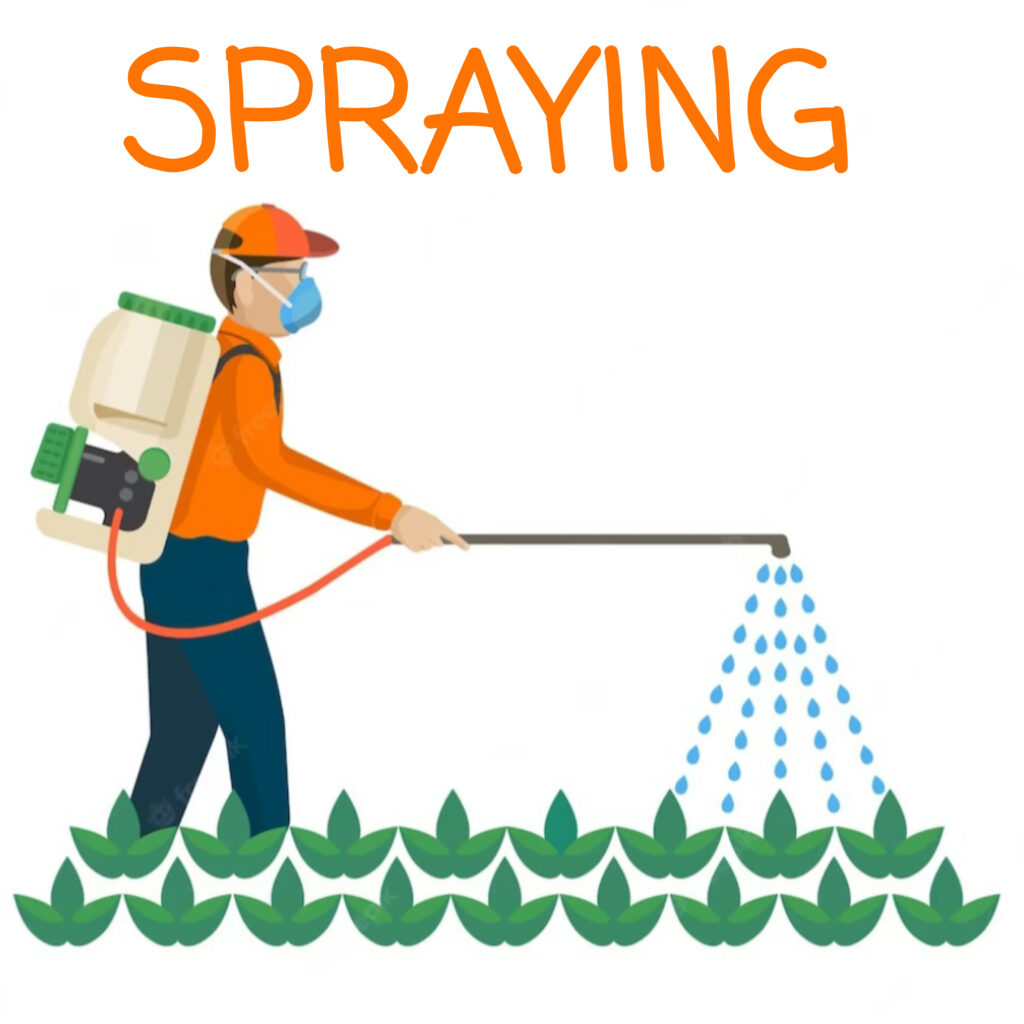
Plant Protection
Mogra plants are generally hardy, but they can be susceptible to aphids, whiteflies, and spider mites. Regularly inspect the leaves and stems for any signs of infestation. Employ natural remedies like neem oil or insecticidal soap to manage pests. Additionally, avoid overcrowding and ensure proper spacing between plants to prevent fungal issues.


